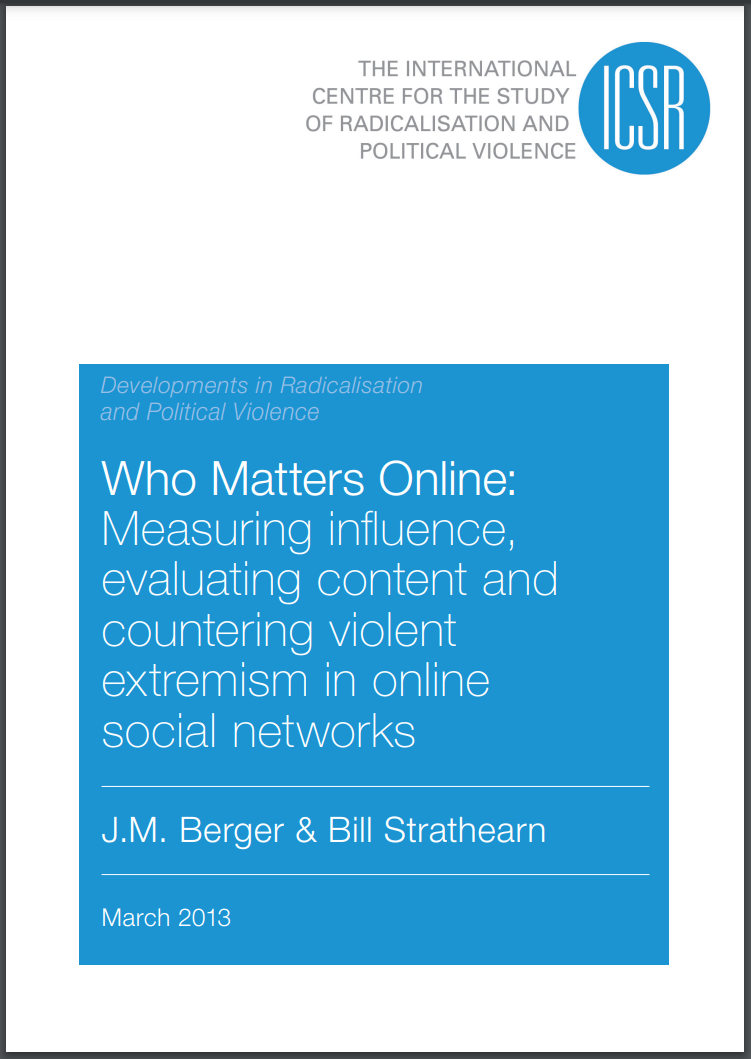I’ve been studying Twitter since 2011.
My first published paper on the subject—ten years ago this month—looked at the accounts of a dozen well-known American white nationalists. Combined, they had a grand total of 3,542 followers. The network was working to infiltrate the Republican mainstream, an effort that at the time seemed almost comically weak and probably destined to fail.
Today, white supremacists and their allied ideologues have millions of followers on social media. They have acquired a controlling interest in the Republican Party, and now they and their allies in the far right have captured control of Twitter itself, thanks to a CEO who seems determined to celebrate and elevate their hate and lies, even if it costs him an unimaginably vast fortune.
Dystopia isn’t always confined to the world of speculative fiction.
It seems inevitable now that the new Twitter will put an end to our ability to study these networks in an efficient and cost-effective manner—whether through Musk’s stated intention to charge for API access (which new reports suggest could start at $42,000 per month), or the platform’s collapse under the weight of a sagging infrastructure propped up by a gutted workforce, or the eventual collapse of the company’s ability to financially continue as a going concern.
If Twitter survives, researchers will find ways to work around these obstacles. But the work will be harder, redistributing intellectual energy from analysis to collection, and our understanding of social networks—which began before social media and will continue past the demise of current platforms—will be the poorer for it.
As for me, I have one more paper on Twitter in the works, just under the wire, and then I’m done. It’s enough. I’ve gone a long way down the road with Twitter, as both as a researcher and a prolific user. But I have other research interests, and I can find other platforms to get back on my bullshit. (Don’t forget to like and subscribe!)
For all the problems I have documented over the years, Twitter has also been a place for work, for friends, for organizing, for protesting, for grieving, for mutual aid, and perhaps most of all, for news. Whether incremental or sudden, partial or total, the end of Twitter as we know it will hurt a lot of people. I’m just one of them.
I will, of course, inform you here when The Last Twitter Census comes out. In the meantime, I will encourage you all to check out Mastodon. I’ve tried Post, and it’s a ghost town. I am not interested in Jack Dorsey’s new crypto shill machine, and I am not especially excited about anything else coming down the pike.
Mastodon is far from perfect, but it has a good vibe along with its own unique set of problems. My main complaint is that not enough of you are there. If you’re not convinced, well, I will see you here, or elsewhere, when Twitter finally bites the dust.
Can’t happen soon enough.





